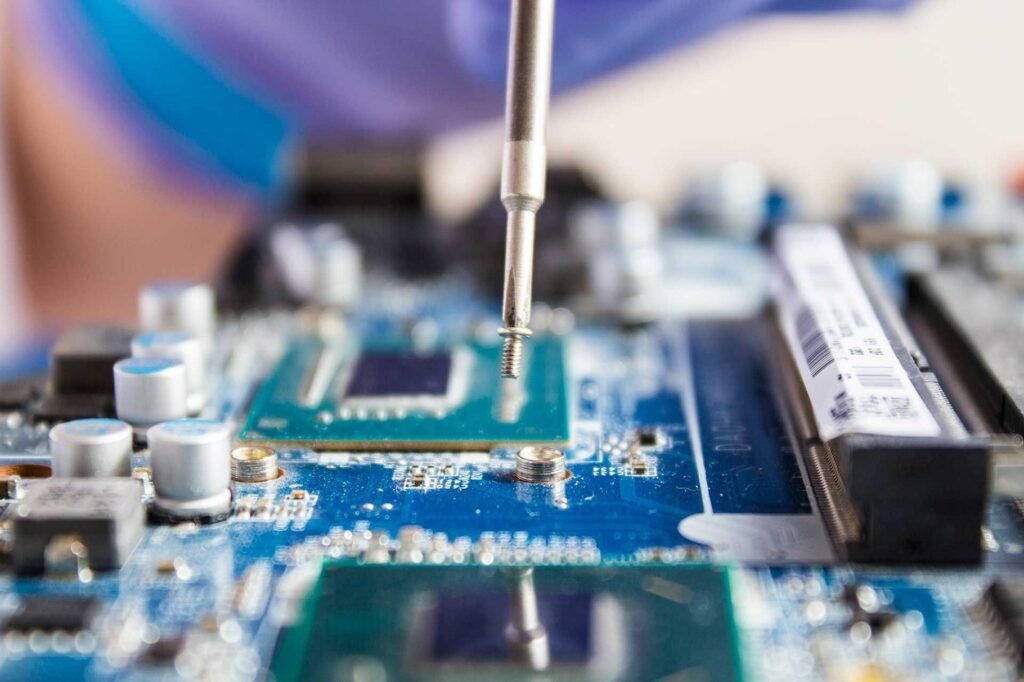Introduction
Electrical and electronics engineering (EEE) stands at the crossroads of innovation, powering the technology that lights up our world. From the electricity that brightens our homes to the gadgets that keep us connected, EEE is the heartbeat of the modern age. This dynamic field combines the principles of electricity, electronics, and electromagnetism to develop electrical systems and devices that have revolutionized how we live and work. For aspiring engineers, delving into the realms of electrical and electronics engineering opens up a universe of possibilities. Let’s embark on a journey to uncover what you learn in this fascinating discipline and how it shapes the inventors of tomorrow.
Foundation of Knowledge
The journey into electrical and electronics engineering begins with a solid foundation in mathematics and physics. These core subjects are crucial for understanding complex concepts that will be encountered later on. As you dive deeper, you will explore fundamental engineering principles, circuit theory, and signal processing. This essential knowledge base allows students to grasp how electrical systems operate and how electronic devices are powered.
Power Systems and Energy
One of the pillars of electrical engineering is the study of power systems. This area focuses on the generation, transmission, distribution, and utilization of electric power. Students learn about renewable and non-renewable energy sources, how to design efficient power systems, and the challenges of managing energy in a sustainable manner. In an era where the world is increasingly focused on green energy, knowledge in this area is more relevant than ever.
Electronics and Circuit Design
Electronics engineering dives into the world of electronic circuits and devices. This includes semiconductors, diodes, transistors, and integrated circuits. Learning how to design and analyze these components is key to creating everything from simple gadgets to complex computing systems. Circuit design classes teach students to think creatively and apply their knowledge to solve real-world problems, making this skillset invaluable.
Control Systems
Control systems are at the heart of making devices smarter. From automating manufacturing processes to developing cruise control in vehicles, control systems ensure stability and improve efficiency. Students learn about feedback loops, system dynamics, and digital signal processing. This knowledge is crucial for anyone looking to contribute to advancements in automation and robotics.
Communications
The digital age is underpinned by advanced communication systems, a critical area of study in electrical and electronics engineering. This field covers the fundamentals of analog and digital communication, including signal transmission, encoding, and networking. Understanding communication systems is essential for working in areas such as telecommunications, networking, and any field that requires the transfer of information across mediums.
Practical Applications and Innovations
Practical learning through labs and projects is a hallmark of electrical and electronics engineering education. This hands-on approach ensures that students can apply theoretical knowledge to real-world challenges. Innovations in EEE have led to the development of smartphones, internet technologies, and even space exploration technologies. As students progress, they often specialize in areas like robotics, biomedical engineering, or renewable energy, tailoring their education to their passions and the needs of society.
Career Pathways and Beyond
Graduates of electrical and electronics engineering have a wide array of career options. From designing cutting-edge technology in the tech industry to developing sustainable solutions for global energy needs, the possibilities are limitless. The skills learned in EEE are also highly transferable, making careers in finance, consulting, and education within reach for those who may choose to diverge from a traditional engineering path. 
Embarking on a journey in electrical and electronics engineering is not just about acquiring knowledge; it’s about becoming a problem solver, an innovator, and a creator. This discipline offers the tools and skills needed to make a significant impact on the world, from improving everyday devices to tackling global challenges like climate change and renewable energy. For those with curiosity and a drive to shape the future, a path in electrical and electronics engineering is not just an education—reach ASTI Academy with technological advancements and sustainable solutions.
We have changed the lives of over 300,000 students since 1995. Now it’s your turn!
About ASTI Academy
ASTI Academy is a leading vocational training institute in Dubai, UAE. Offering Foundation Diploma, Engineering Diploma, and Job-Oriented Short Courses. You will receive a globally recognized certificate upon completion of your courses.
No Need for a career break; you can study online / part-time. Apply Now! For all other general inquiries, call us at 971 42809955 or email us at enquire@astiacademy.ac.ae
Check our Social media handles, Facebook, Instagram, Linkedin, and Twitter, for more details. Click here to get all questions answered.

